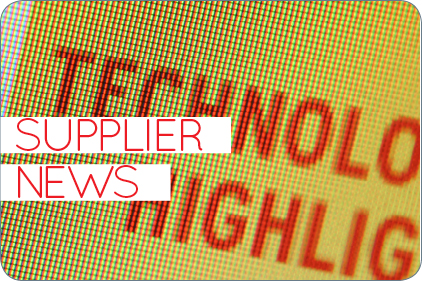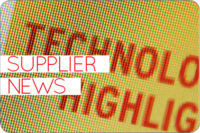To address the growing global concern around economic adulteration and food fraud, and to complement its fast and accurate test kits designed for use in processing facilities, Neogen now offers a raw meat species identification testing service for customers in North America at its laboratories in Lansing, Mich.
The meat species identification service uses Neogen assays to detect adulteration at as little as 1 percent of mislabeled horse, cow, pig, poultry or sheep meat. Results will be available within 48 hours of sample receipt.
“Our on-site tests are the quickest path for most processors, but we understand that not all processors have the facilities and personnel to do their own meat species identification testing,” said Anthony Lupo, Neogen’s director of Food Safety Technical Services. “Food processors can use this convenient service to verify the integrity of their supply chains or support certificate of analysis data to protect their customers from the adulteration of meat products with undeclared animal meats.”
Species identification also helps ensure animal tissue containing restricted veterinary drugs don’t make their way into the consumer food chain. For example, the anti-inflammatory drug phenylbutazone often is used in horses, but is banned in food animals because it can cause severe health problems in humans. Neogen has offered meat species identification services for European customers from in its location in Ayr, Scotland for a number of years, but has recently seen a spike in activity related to the horsemeat scandal in Europe. Neogen is in the unique position to offer products that cover food safety, security, and defense through its speciation and adulteration detection products. “Food defense” describes threats to consumers by deliberate or malicious adulteration of food.
Neogen’s on-site meat species identification tests include F.A.S.T. (Food Analyte Screening Tests), which are immunostick assays that provide clear visual results in about 30 minutes. The company also offers the BioKits product line for species identification using enzyme-linked immunosorbent assays (ELISA), which provide sensitive, specific qualitative detection for a range of raw and cooked animal species.
Neogen Corporation develops and markets products dedicated to food and animal safety. The company’s Food Safety Division markets dehydrated culture media and diagnostic test kits to detect foodborne bacteria, natural toxins, food allergens, drug residues, plant diseases and sanitation concerns.






